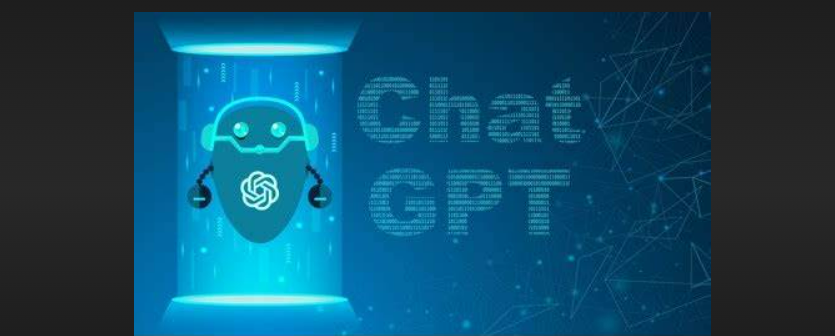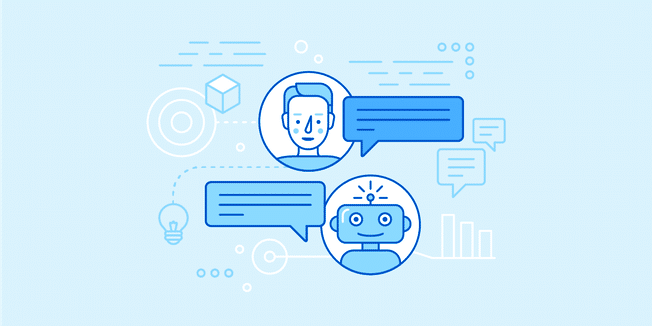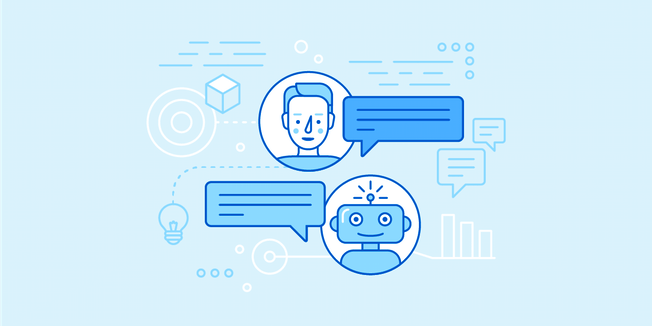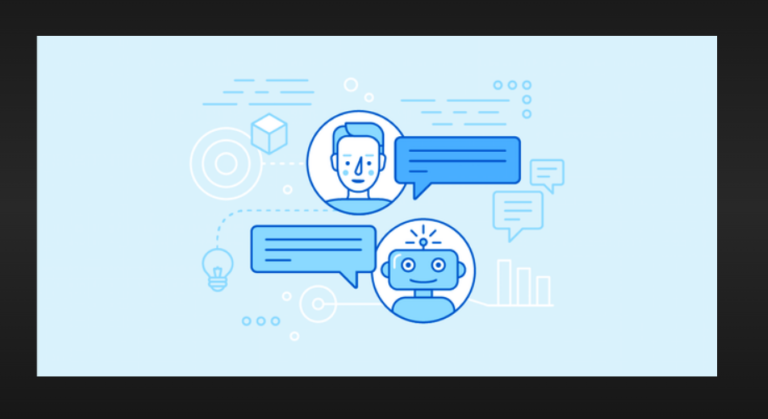Introduction:
ChatGPT is an AI-powered language model that has been designed to provide users with personalized assistance and support. While this technology has many benefits, there are also concerns about its potential risks and dangers. In this blog post, we will explore the risks of ChatGPT and whether it is dangerous for humanity.
Important Points:
- AI-Powered Technology: ChatGPT is an AI-powered technology that uses natural language processing and machine learning algorithms to understand and interpret user requests and provide personalized responses.
- Potential Risks: There are several potential risks associated with ChatGPT, including the risk of bias, the risk of misinformation, and the risk of exploitation by malicious actors.
- Bias: One of the main concerns with ChatGPT is the risk of bias in the data sets used to train the model. If the data sets are not representative or include biases, this can result in ChatGPT providing inaccurate or discriminatory responses.
- Misinformation: Another risk of ChatGPT is the potential for misinformation. If the system is not trained on accurate and reliable sources of information, it may provide users with incorrect or misleading information.
FAQs:
How is ChatGPT trained?
ChatGPT is trained on large amounts of text data from the internet, including websites, books, and other sources of information. The system uses machine learning algorithms to identify patterns and learn from the data.
Can ChatGPT be biased?
Yes, ChatGPT can be biased if the data used to train the model is biased. It is important to use representative and diverse data sets to reduce the risk of bias.
Is ChatGPT always accurate?
No, ChatGPT is not always accurate, and there is a risk of misinformation if the system is not trained on reliable sources of information.
Can ChatGPT be exploited by malicious actors?
Yes, ChatGPT can be exploited by malicious actors to spread misinformation, propaganda, or other harmful content.
Can ChatGPT replace human customer service representatives?
While ChatGPT can provide personalized assistance and support, it may not always be able to replace human customer service representatives. Some users may prefer interacting with a human, particularly for more complex or sensitive issues.
Can ChatGPT understand and interpret all languages?
ChatGPT is designed to understand and interpret many languages, but its effectiveness may depend on the quality and availability of data in different languages.
How can we ensure that ChatGPT is used in an ethical and responsible manner?
To ensure that ChatGPT is used in an ethical and responsible manner, it is important to have clear guidelines and regulations in place, such as standards for data privacy and security, transparency in how the technology is used, and measures to prevent bias and discrimination. It is also important to continue monitoring and evaluating the impact of ChatGPT on individuals, society, and the environment.
Pros:
- Personalized Assistance: One of the main benefits of ChatGPT is that it provides personalized assistance and support to users. This can save time and improve productivity for individuals and teams.
- Accessibility: ChatGPT is also highly accessible, as it can be accessed from anywhere with an internet connection. This makes it ideal for remote work and for individuals who need to access information quickly and easily.
- Scalability: ChatGPT is highly scalable, which means that it can handle large volumes of requests and provide assistance to a large number of users simultaneously.
Cons:
- Risk of Bias: One of the main concerns with ChatGPT is the risk of bias in the data used to train the model. This can result in inaccurate or discriminatory responses.
- Misinformation: There is also a risk of misinformation with ChatGPT, particularly if the system is not trained on accurate and reliable sources of information.
- Exploitation: ChatGPT can also be exploited by malicious actors to spread harmful content or propaganda, which can be particularly concerning in the context of social media and other online platforms.
Final Conclusion:
While ChatGPT has many benefits, including personalized assistance, accessibility, and scalability, there are also risks and concerns associated with this technology. The risk of bias, misinformation, and exploitation are particularly concerning and highlight the need for careful consideration and regulation of AI-powered language models.
Ultimately, the risks and benefits of ChatGPT depend on how the technology is used and implemented. It is important to take steps to minimize the risks of bias and misinformation, such as using diverse and representative data sets and ensuring that the system is trained on accurate and reliable sources of information. At the same time, it is important to recognize the potential benefits of ChatGPT, such as improving productivity and accessibility, and to continue exploring ways to use this technology in a responsible and ethical manner.
In conclusion, while ChatGPT has some potential risks and concerns, it is not necessarily dangerous for humanity. With careful consideration and regulation, we can harness the benefits of this technology while minimizing the risks and ensuring that it is used in a responsible and ethical manner. As AI continues to advance, it is important to remain vigilant and to consider the implications of new technologies for individuals, society, and the environment.







